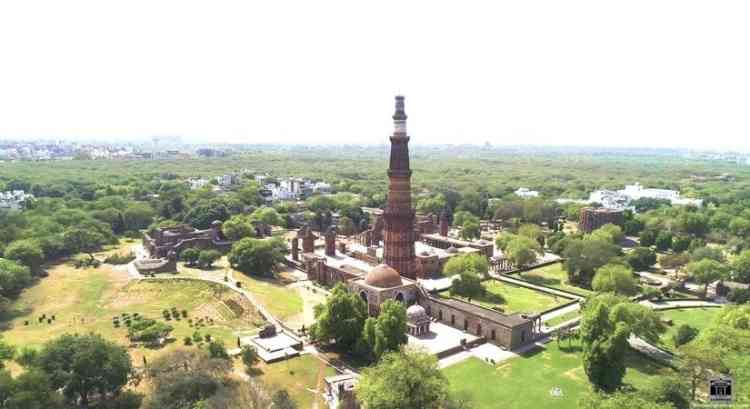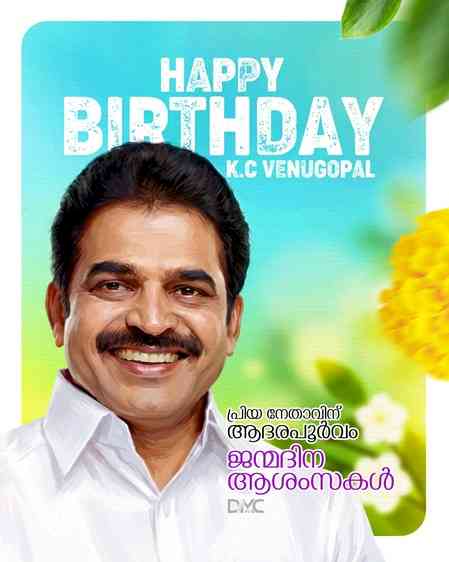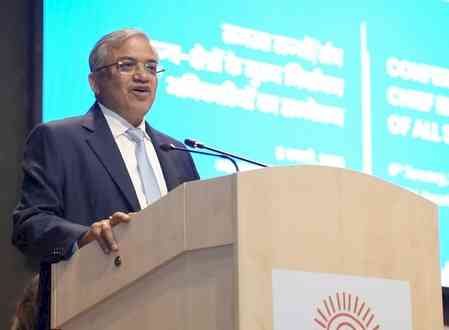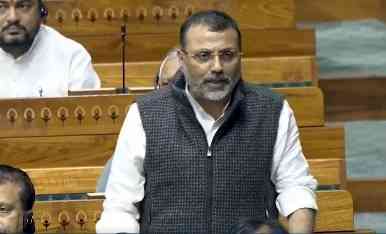Dismissal of suit to restore temples inside Qutub complex challenged
A Delhi court on Tuesday issued notice on an appeal filed against the rejection of a suit alleging that the Quwwat-Ul-Islam Masjid situated within the Qutub Minar complex in Mehrauli was built in place of a temple complex.

New Delhi, Feb 22 (IANS) A Delhi court on Tuesday issued notice on an appeal filed against the rejection of a suit alleging that the Quwwat-Ul-Islam Masjid situated within the Qutub Minar complex in Mehrauli was built in place of a temple complex.
Allowing the appeal, Additional District Judge Pooja Talwar issued notice to the Union of India through the Ministry of Culture, Director General of Archaeological Survey of India, and Superintending Archaeologist, Delhi Circle, ASI.
The matter will be heard further on May 11.
The civil suit, filed on behalf of Jain deity Tirthankar Lord Rishabh Dev and Hindu deity Lord Vishnu (through their next of friends), was seeking restoration of the alleged temple complex, comprising of as many as 27 temples.
As per the suit, the temples were dismantled, desecrated and damaged under the command of Slave Dynasty Emperor Qutub-Din-Aibak, who raised some construction at the same very place and named it the Quwwat-Ul-Islam Mosque.
The ruler failed to completely demolish the existing temples and only partial demolition was carried out and after reusing the material of the temples, the said mosque was erected, it read.
In December last year, Civil Judge Neha Sharma had noted that the plaintiffs have no absolute right to restore and worship in the property as public order which is an exception under Article 25 and 26 of the Constitution. This requires status quo be maintained and the protected monument be used for no religious purpose.
It is also an established fact that Quwwat-Ul-Islam Masjid was built atop existing temples but the property was not being used for any religious purposes and no prayers were being offered here.
The court had observed that wrongs may have been committed in the past, "but such wrongs cannot be the basis for disturbing peace of our present and future".
Referring to a portion of the Ayodhya judgment, the court had said: "Cognisant as we are of our history and of the need for the nation to confront it, Independence was a watershed moment to heal the wounds of the past. Historical wrongs cannot be remedied by the people taking the law into their own hands."



 IANS
IANS 










